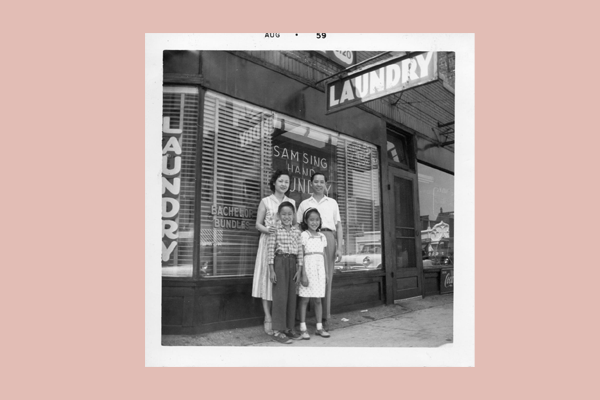Oct 20, 2020
My kids are the great-granddaughters of Chinese immigrants, but until recently, I hadn’t shared much about our immigration story or been a vocal advocate for immigrant rights. Instead, like many evangelicals, I had absorbed hardline views on the subject.
Read the Full Article

Already a subscriber? Login
